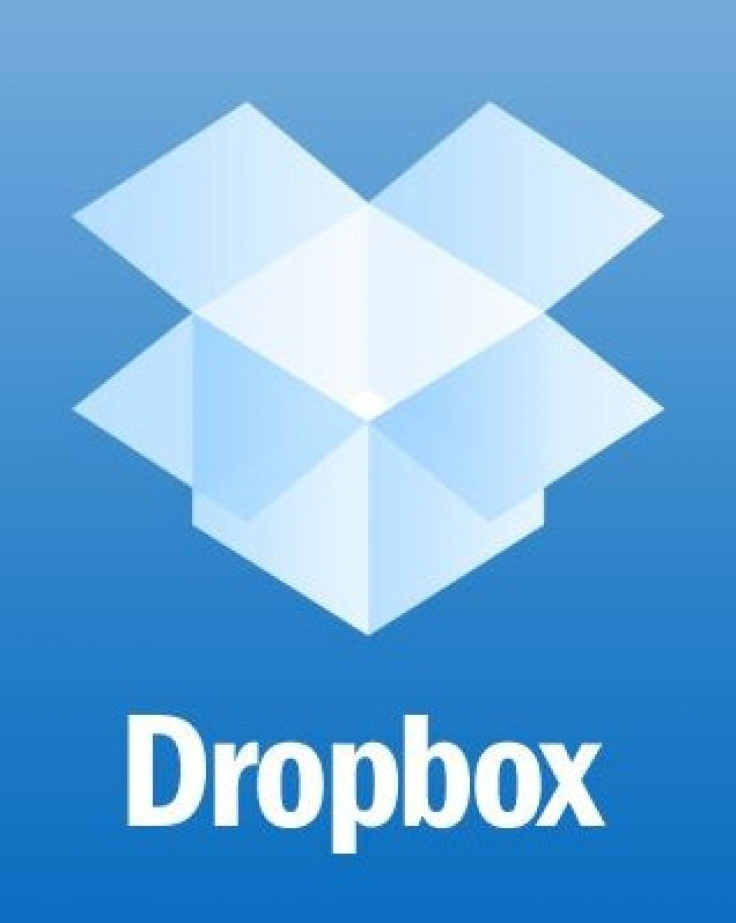Cloud Storage Cash: Would Dropbox, Box, Exablox Attract IPO Investors?

It’s the universal problem: Global digerati generate too much material to store on local devices, so consumers especially trust private cloud-based services including Dropbox, Box, SugarSync, Exablox and Nimble Storage to store and manage their data.
As well, giants in the Internet space, headed by Google Inc. (NASDAQ:GOOG) and Amazon.com Inc. (NASDAQ:AMZN), offer services such as Google Drive and Amazon Web Services for similar purposes.
After it acquired Sun Microsystems Inc. and its Java Open Office software in January 2010, Oracle Corp. (NASDAQ:ORCL) also offers what it now dubs Apache Open Office for online storage. So does Microsoft Corp. (NASDAQ:MSFT).
Can any of the smaller services make it, much less compete on their own by planning an initial public offering? An unconfirmed report by Quartz suggested San Francisco, Calif.-based Dropbox, founded in 2007 and with an estimated 200 million customers and value around $4 billion, is meeting with investment bankers concerning an IPO.
Dropbox representatives didn’t respond to comment on Friday. The company also offers customers of Facebook Inc. (NASDAQ:FB) file synchronization, which could open up being acquired by the No. 1 social media website, which reported cash and investments exceeding $9.6 billion as of Dec. 31.
Facebook’s May 2012 IPO remains highly controversial, with a federal district judge in New York overseeing multiple lawsuits. Trading Friday at $28.24, Facebook shares are now 26 percent below their IPO price after dipping as low as $17.55 in September.
Other CEOs over the past two months have said they are not interested in IPOs, just building their businesses.
At Exablox, the Mountain View, Calif., start-up bootstrapped by Sonic Wall VP Doug Brockett, the company is tapping $22 million in new venture capital from DCM Ventures and US Ventures, both of Menlo Park, Calif., as well as Norwest Ventures, of Palo Alto, Calif., to complete a new “big data” product, mainly for business, for introduction as early as this quarter.
Brockett said he’s focused on Exablox, founded in 2009, and building it in the online market. His last company, Sonic Wall, was acquired by Dell, and senior officer Ramesh Balin was the senior director of Data Domain, another storage business acquired by EMC Corp. (NYSE:EMC), the No. 1 provider of storage products, software and services for enterprises.
EMC, which has a history of acquisitions, reported cash and investments exceeding $11.3 billion last quarter. A representative declined comment on future acquisitions but noted that last year, the company acquired private Syncplicity to provide security features that vendors like Dropbox can't offer.
Founded in 2009, Syncplicity, of Menlo Park, Calif., offers cloud storage principally to enterprise customers. The company had raised about $2.4 million in venture capital and didn't disclose the acquisition price.
Leonard Chung, Syncplicity CEO, said his company is thriving under EMC and may be indirectly serving consumers through third-paty providers. Still, he said, "The consumer is cleatly a market of opportunity," so perhaps one of the smaller companies might well seek to go public and succeed.
“EMC, in my opinion, is truly visionary to understanding technology trends,” Brian Alexander, an analyst with Raymond James, said.
SugarSync, meanwhile, in San Mateo, Calif., has raised about $40 million since 2008 from top venture investors, including Draper Fisher Jurvetson, Selby Partners and Sigma Partners. CEO Laura Yecies declined to discuss IPO plans or revenue performance, citing her commitment to new products and services, including mobile file synchronization.
"The market is growing very fast," Yecies said, "and SugarSync has experienced rapid growth as well."
The SugarSync mobile app, as well as its PC-related services, compete against Dropbox and others. The company also has impressive technology ties to China’s Lenovo Group (PINK:LNVGY), the PC maker, Samsung Electronics Corp. (KRX:005930), as well as Japan’s SoftBank Corp. (TYO:9984), which is seeking to acquire control of Sprint-Nextel Corp. (NYSE:S).
Over time, it might make sense for one of them to acquire SugarSync or another company for its customer base, as well as to add other services.
Amazon, of Seattle, Wash., has already made huge inroads into cloud-based storage, with its Amazon Web Services reporting serving major institutions like the National Institutes of Health. Jefferies analyst Brian Pitz estimated its revenue rose 64 percent last year to $2.11 billion and will jump at least 49 percent to $3.2 billion in 2013.
Overall Amazon revenue in 2012 was a record $61.1 billion.
SugarSync, for example, is an Amazon customer.
Shares of Amazon fell $4.12 to $265.12 in Friday trading. They’ve gained 43 percent in the past year.
© Copyright IBTimes 2024. All rights reserved.












